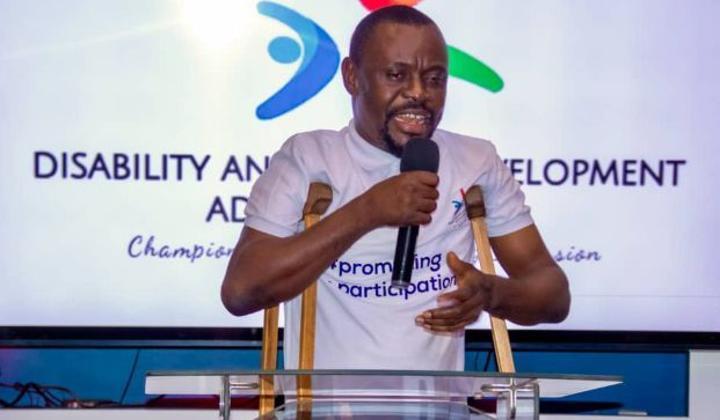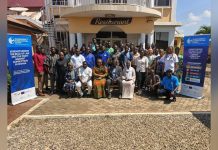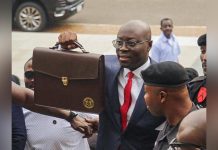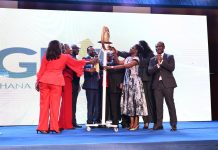Africa-Press – Ghana. The Disability and Social Development Advocacy Africa (DaSDA Africa) has commended the President Mahama for the launch of the Free Tertiary Education for Persons with Disabilities (PWDs) and called for sustainability, integrity, and job-linkage.
President John Dramani Mahama, speaking at the launch of the policy on October 25, stated that, “Each student supported under this policy becomes an asset to our nation. A potential engineer, a teacher, an entrepreneur, a farmer or an innovator.”
“Their success will strengthen Ghana’s economy and enrich our collective humanity,” he said.
Mr. Isaac Kwaku Wadi, Executive Director of DaSDA Africa, in a statement signed and copied to the Ghana News Agency in Koforidua, described the policy as a landmark step toward ensuring that every Ghanaian, regardless of disability, had access to higher education.
He said it underscored the principle that true national progress was measured by “how we serve our most vulnerable.”
However, he noted that the success of the initiative would depend heavily on careful attention to its implementation, integrity, and long-term outcomes.
He outlined key recommendations, including the need for institutional mechanisms that guarantee annual funding, efficient administration, and accountability.
He also described the revamp of the Students Loan Trust Fund to digitize and streamline support, as noted by the President, as a positive move.
DaSDA Africa appealed to government to include private tertiary institutions in the policy’s coverage.
Mr. Wadi urged the Government, the Ghana Tertiary Education Commission (GTEC), the National Council on Persons with Disabilities (NCPD), and disability-led organisations to collaborate on clear eligibility criteria, timely application processes, and ongoing monitoring of the programme’s impact.
He stressed the importance of preventing infiltration of the system by non-eligible people.
Rigorous verification of disability status, in line with international best practices, must be balanced with accessibility to avoid discouraging genuine candidates through bureaucratic hurdles.
“Without such safeguards, non-disabled persons may inadvertently crowd out legitimate beneficiaries, undermining the policy’s purpose,” he said.
Mr. Wadi also appealed to government to extend the policy to postgraduate studies.
While the current scheme covers undergraduate education, DaSDA Africa called for its expansion to include master’s and PhD programmes.
“Enabling PWDs to pursue advanced degrees will create a cadre of scholars, leaders and researchers with disabilities, strengthening Ghana’s inclusive development agenda,” he said.
He added that access to free education was only the first step, and to make the policy genuinely meaningful, there must be an effective bridge to livelihood outcomes.
DaSDA Africa called for a matching employment programme that connected PWD graduates with inclusive employers in the public and private sectors, alongside support for entrepreneurship and business incubation schemes tailored for graduates with disabilities.
It also urged collaboration with industry and disability-inclusive recruiters to ensure that the graduates transformed potential becomes meaningful economic contribution.
Disability and Social Development Advocacy Africa is a grassroots organisation focused on the rights, empowerment, and inclusion of persons with disabilities.
It works with governments, civil society, and private sector partners to promote policy reform, inclusive education, employment, and entrepreneurship.
It envisions an Africa where persons with disabilities are full participants in social, economic and civic life.
For More News And Analysis About Ghana Follow Africa-Press







